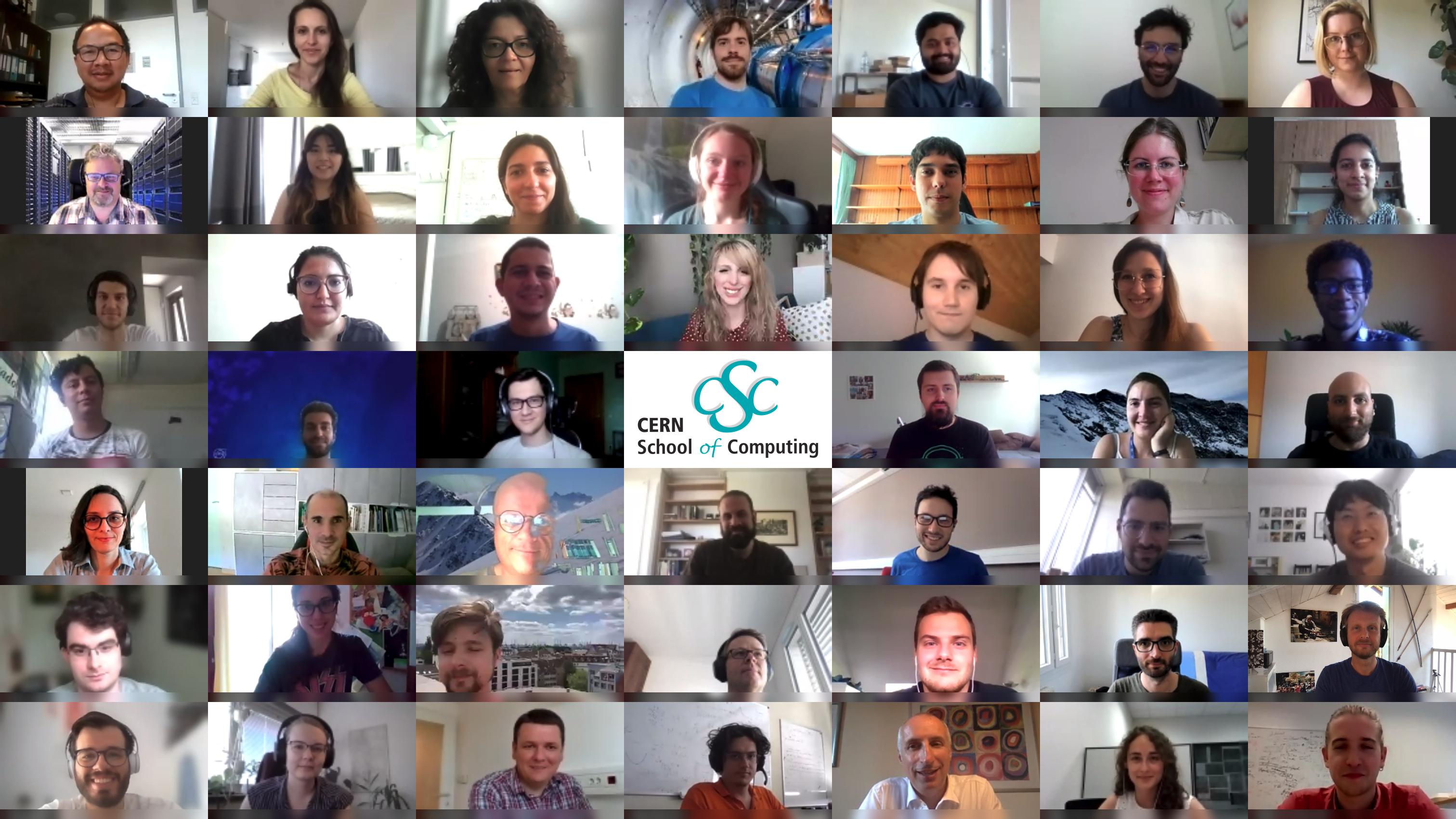Thematic CERN School of Computing - spring 2021
→
Europe/Zurich
Online event
Online event
, ,
Description
The 8th Thematic CERN School of Computing (tCSC spring 2021) will take place on June 14-18, 2021 in an online format.
The theme of the School is "Scientific Software for Heterogeneous Architectures" - see the academic programme for more details.
The School is targeted at postgraduate (i.e. minimum of Bachelor degree or equivalent) students, engineers and scientists with a few years' experience in particle physics, in computing, or in related fields. We welcome applications from all countries and nationalities.
Due to the ongoing Covid-19 pandemic, this School is organised in an online format. Nevertheless, we aim at creating the usual rich, interactive learning experience, for which CERN School of Computing (CSC) is known since years.
Important Dates
- late March - applications open
- Friday April 30 (midnight CEST) - deadline for application
- Tuesday May 18 - you will be informed about the outcome of the selection by email
- Monday June 14 to Friday June 18 - the school
CERN School of Computing
Surveys
Quiz for Track 2, Lecture 2 "Modern programming languages for HEP" by Sebastien Ponce
Quiz for Track 3, Lecture 1 "Scientific computing on heterogeneous architectures" by Dorothea vom Bruch
Quiz for Track 3, Lecture 2 "Programming for GPUs" by Dorothea vom Bruch



